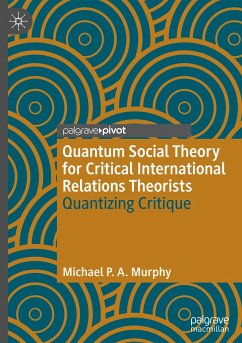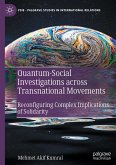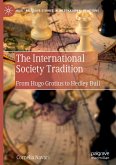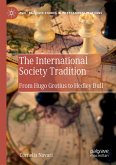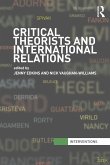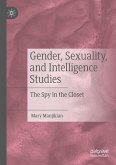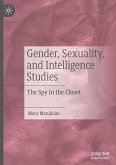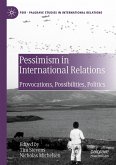This book examines the crossroads of quantum and critical approaches to International Relations and argues that these approaches share a common project of uncovering complexity and uncertainty. The "quantum turn" in International Relations theory has produced a number of interesting insights into the complex ways in which our assumptions about the physics of the world around us can limit our understanding of social life. While critique is possible within a Newtonian social science, core assumptions of separability and determinism of classical physics impose limits on what is imaginable. The author argues that by adopting a quantum imaginary, social theory can move beyond its Newtonian limits, and explore two methods for quantizing conceptual models-translation and application. This book is the first introductory book to quantum social theory ideas specifically intended for an audience of critical International Relations.
Bitte wählen Sie Ihr Anliegen aus.
Rechnungen
Retourenschein anfordern
Bestellstatus
Storno

